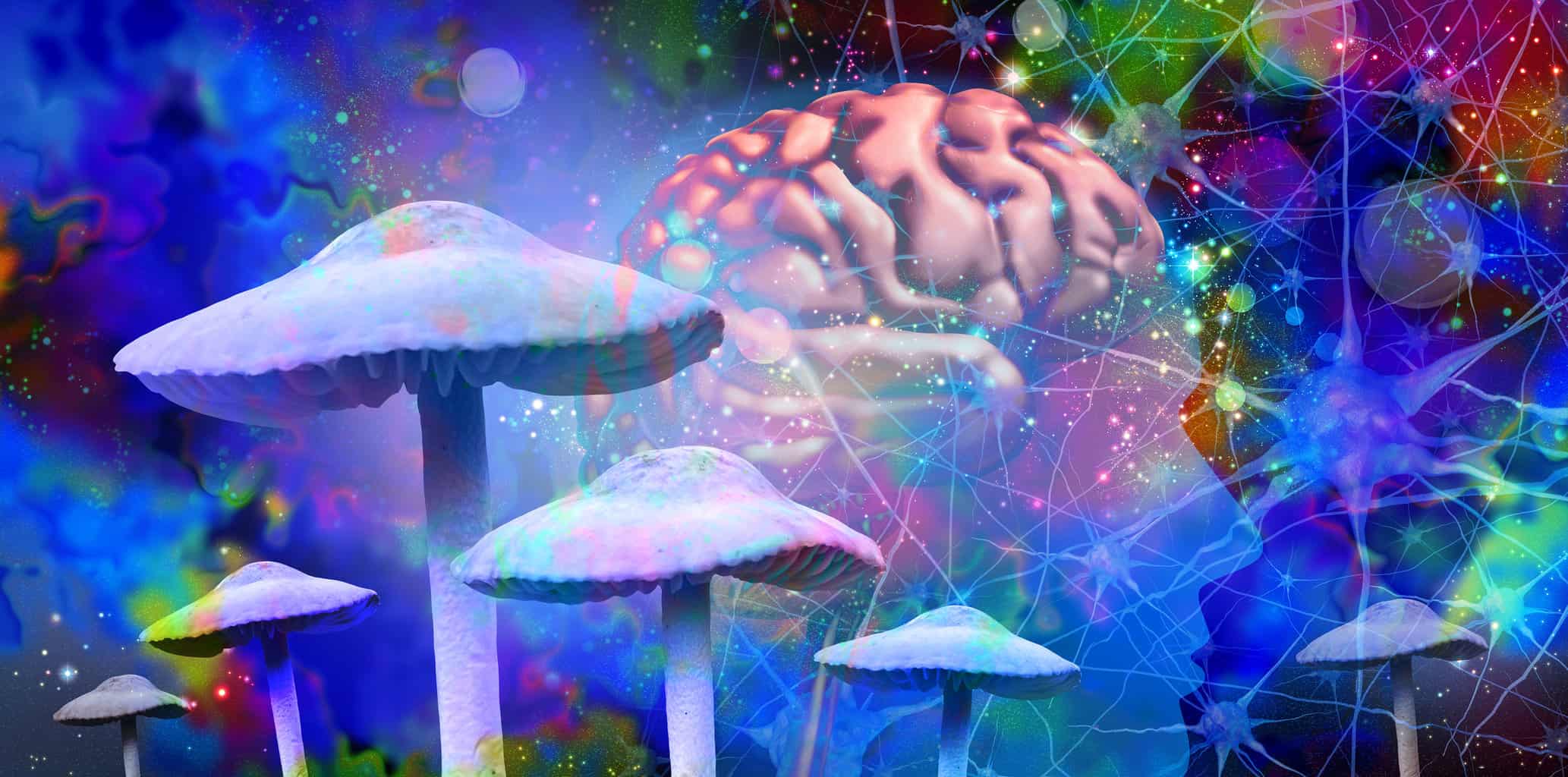Psychedelics

Psychedelics are a class of drugs that cause changes in perception, mood, and cognitive processes. Psychedelics can be natural or synthetic, and they occur in a variety of plant and animal species.
Commonly used psychedelics include LSD, psilocybin mushrooms, mescaline, and DMT.
Psychedelics are thought to work by modulating the action of serotonin, a neurotransmitter involved in mood and perception.
Psychedelics can cause a range of different effects, depending on the drug and the individual. The most common effects include changes in perception, mood, and thought patterns.
These drugs can also cause hallucinations, synesthesia (mixing of the senses), and altered states of consciousness.
Psychedelic experiences are often described as intense and powerful, and can sometimes lead to long-lasting changes in attitudes and beliefs.
Psychedelics are used for a variety of reasons, including recreation, self-exploration, spiritual development, and therapy. Some people use psychedelics to treat mental health conditions such as depression, anxiety, and addiction.
Psychedelics are generally considered safe when used responsibly, but they can have harmful effects if misused.
Psychedelic use can have side effects, and it is important to be aware of the risks before using these drugs.